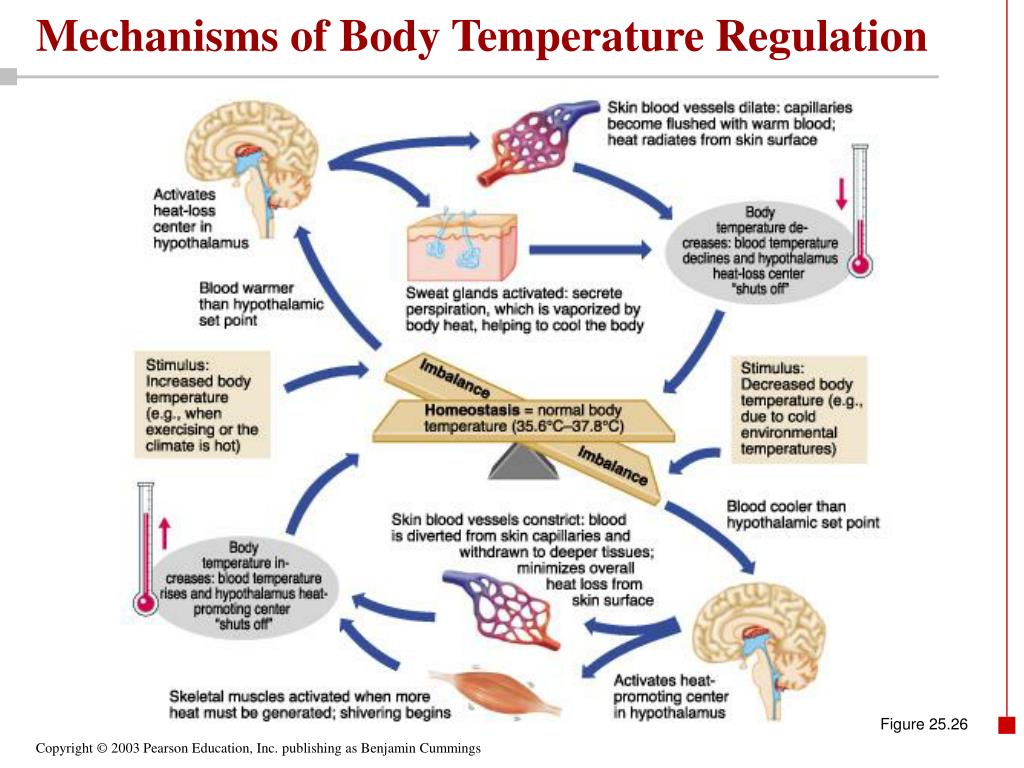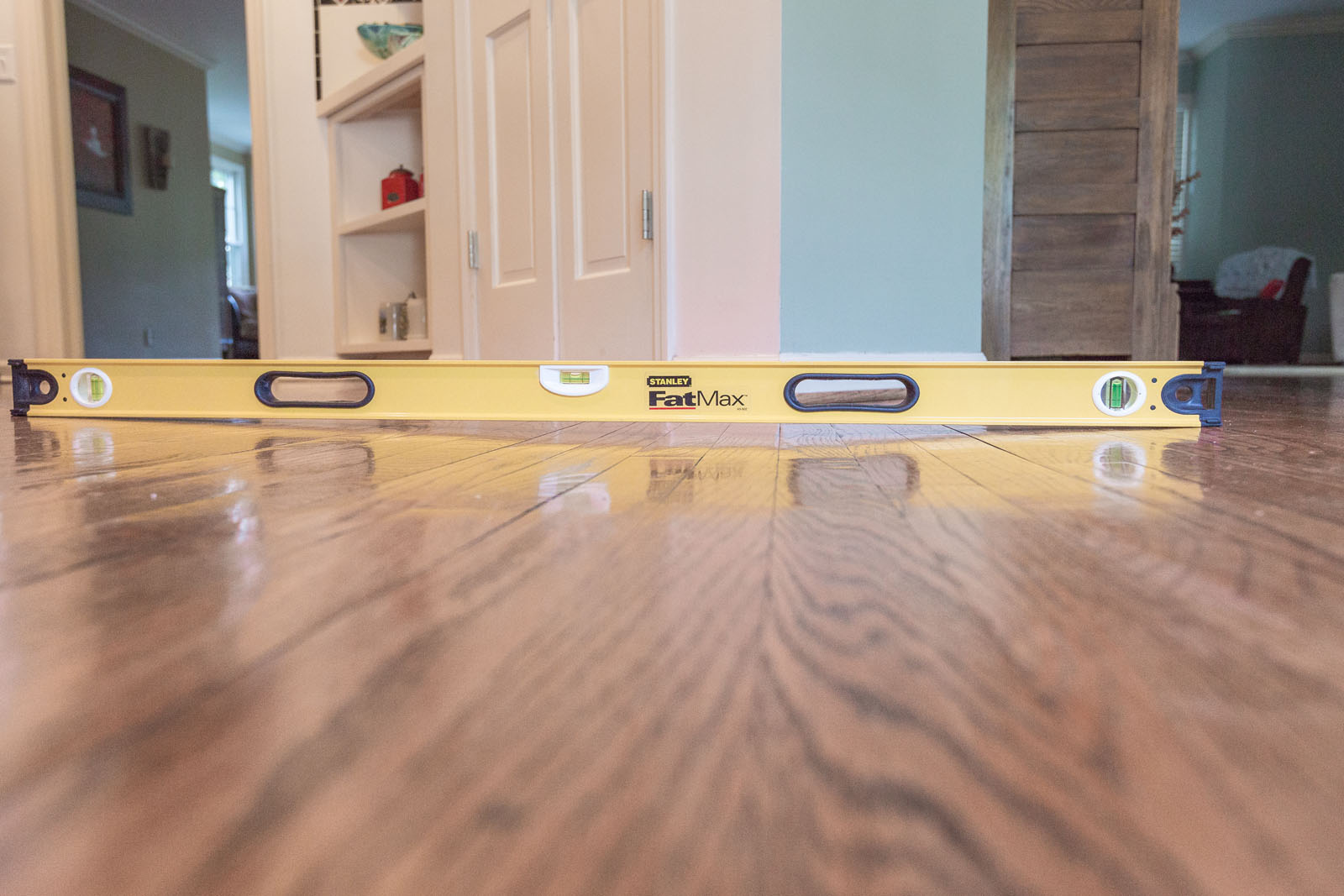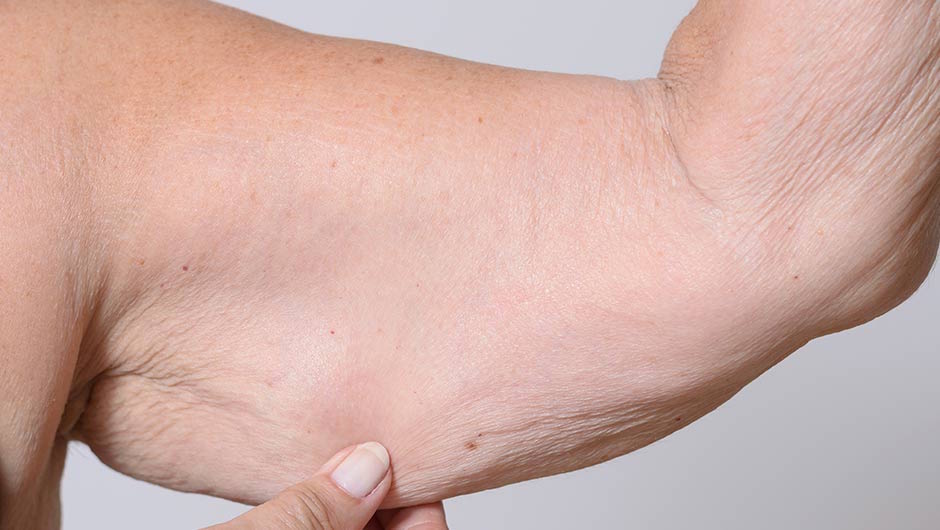When we think of memory foam mattresses, we often picture a soft and plush surface that molds to our body, providing ultimate comfort and support. However, what happens when that once soft and cozy mattress starts to feel firm and uncomfortable? This is a common problem faced by many memory foam mattress owners and can greatly impact the quality of our sleep. Let's dive into the reasons why your memory foam mattress may be getting hard and what you can do about it.1. The Struggle of a Firm Memory Foam Mattress
Before we can address the issue of a hard memory foam mattress, it's important to understand the concept of firmness. Memory foam mattresses are known for their ability to conform to the shape of our body, providing customized support and pressure relief. However, this also means that the level of firmness can vary depending on the individual's weight, body type, and sleeping position. What may feel soft to one person could feel firm to another.2. Understanding Firmness in Memory Foam Mattresses
One of the main reasons why a memory foam mattress may start to feel hard is due to a lack of support. Over time, the foam may start to lose its ability to bounce back and properly support our body. This can be especially noticeable in areas where we tend to carry more weight, such as our hips and shoulders. Without proper support, the mattress can start to feel uncomfortable and even cause pain in these pressure points.3. Lack of Support
In addition to support, memory foam mattresses are also known for their pressure-relieving properties. The foam is designed to evenly distribute our body weight, reducing pressure on our joints and muscles. However, as the mattress ages, it may start to lose this ability, resulting in increased pressure on certain areas and causing discomfort. This can also lead to the mattress feeling firmer than it used to be.4. Pressure Relief
When shopping for a memory foam mattress, we are often drawn to those with a soft and plush feel. However, it's important to keep in mind that the level of comfort may not always equate to durability. Some memory foam mattresses may start to feel firm after just a few years, while others can maintain their softness for a longer period of time. It's important to find a balance between comfort and durability when making a purchase.5. Comfort vs. Durability
Another factor that can contribute to a memory foam mattress feeling hard is temperature. Memory foam has the tendency to retain heat, which can make the mattress feel firmer and uncomfortable. This is especially true for those who tend to sleep hot. Investing in a memory foam mattress with advanced cooling technology or using a cooling mattress topper can help alleviate this issue.6. Temperature Regulation
As with any mattress, memory foam mattresses can also start to sink and sag over time. This can be caused by a combination of factors such as body weight, usage, and overall quality of the mattress. As the foam starts to lose its shape and support, it can result in a firmer and less comfortable sleeping surface.7. Sinking and Sagging
If your memory foam mattress is starting to feel hard and uncomfortable, there are a few things you can try to make it feel soft again. One option is to rotate or flip the mattress, if possible. This can help redistribute the foam and provide a more even surface. You can also try using a mattress topper, preferably made of a different material such as latex or down, to add an extra layer of softness.8. How to Make Your Memory Foam Mattress Feel Soft Again
Unfortunately, there may come a point where your memory foam mattress is beyond repair and it's time for a replacement. On average, memory foam mattresses have a lifespan of 7-10 years. If you have had your mattress for longer than that and it's starting to feel hard and uncomfortable, it may be time to consider purchasing a new one.9. When It's Time to Replace Your Memory Foam Mattress
In conclusion, while a firm memory foam mattress may seem like a nightmare, it's important to understand the underlying reasons and explore solutions before giving up on it completely. With proper care and maintenance, your memory foam mattress can continue to provide you with a comfortable and supportive sleeping experience for years to come.10. Final Thoughts
The Benefits of Memory Foam Mattresses

Why Memory Foam Mattresses Get Hard
 Aside from providing a supportive and comfortable sleep experience,
memory foam mattresses
have become increasingly popular due to their ability to contour to the body's natural shape and provide pressure relief. However, some users may notice that their
memory foam mattress
starts to feel harder over time. This can be a cause for concern, but it is actually a natural occurrence and does not necessarily mean that the mattress is no longer effective.
Memory foam
is a type of material that is made from polyurethane and other chemicals, which give it its signature soft and supportive feel. These chemicals are sensitive to temperature, which is why
memory foam mattresses
can feel firmer in colder environments. As the temperature drops, the foam becomes less pliable and can feel harder to the touch. This can be especially noticeable in the winter months or if you keep your bedroom at a lower temperature.
Another reason why
memory foam mattresses
may get harder is due to the weight and heat of your body. Over time, the foam can start to compress and lose some of its original shape. This is normal wear and tear, and can happen with any type of mattress. The more you use your
memory foam mattress
, the more it will conform to your body and the firmer it may feel.
Aside from providing a supportive and comfortable sleep experience,
memory foam mattresses
have become increasingly popular due to their ability to contour to the body's natural shape and provide pressure relief. However, some users may notice that their
memory foam mattress
starts to feel harder over time. This can be a cause for concern, but it is actually a natural occurrence and does not necessarily mean that the mattress is no longer effective.
Memory foam
is a type of material that is made from polyurethane and other chemicals, which give it its signature soft and supportive feel. These chemicals are sensitive to temperature, which is why
memory foam mattresses
can feel firmer in colder environments. As the temperature drops, the foam becomes less pliable and can feel harder to the touch. This can be especially noticeable in the winter months or if you keep your bedroom at a lower temperature.
Another reason why
memory foam mattresses
may get harder is due to the weight and heat of your body. Over time, the foam can start to compress and lose some of its original shape. This is normal wear and tear, and can happen with any type of mattress. The more you use your
memory foam mattress
, the more it will conform to your body and the firmer it may feel.
How to Prevent Your Memory Foam Mattress from Getting Hard
 While some users may prefer a firmer mattress, others may find the change in firmness uncomfortable. If you want to prevent your
memory foam mattress
from getting too hard, there are a few things you can do. First, try to keep your bedroom at a consistent temperature. This can help prevent the foam from reacting to temperature changes and feeling firmer.
You can also rotate and flip your
memory foam mattress
regularly to distribute weight and help the foam retain its shape. Additionally, investing in a mattress topper or cover can provide an extra layer of protection for your
memory foam mattress
and help maintain its softness.
In conclusion, it is natural for
memory foam mattresses
to feel harder over time due to changes in temperature and wear and tear. However, by understanding the science behind it and taking preventative measures, you can ensure that your
memory foam mattress
continues to provide you with a comfortable and supportive sleep experience.
While some users may prefer a firmer mattress, others may find the change in firmness uncomfortable. If you want to prevent your
memory foam mattress
from getting too hard, there are a few things you can do. First, try to keep your bedroom at a consistent temperature. This can help prevent the foam from reacting to temperature changes and feeling firmer.
You can also rotate and flip your
memory foam mattress
regularly to distribute weight and help the foam retain its shape. Additionally, investing in a mattress topper or cover can provide an extra layer of protection for your
memory foam mattress
and help maintain its softness.
In conclusion, it is natural for
memory foam mattresses
to feel harder over time due to changes in temperature and wear and tear. However, by understanding the science behind it and taking preventative measures, you can ensure that your
memory foam mattress
continues to provide you with a comfortable and supportive sleep experience.


























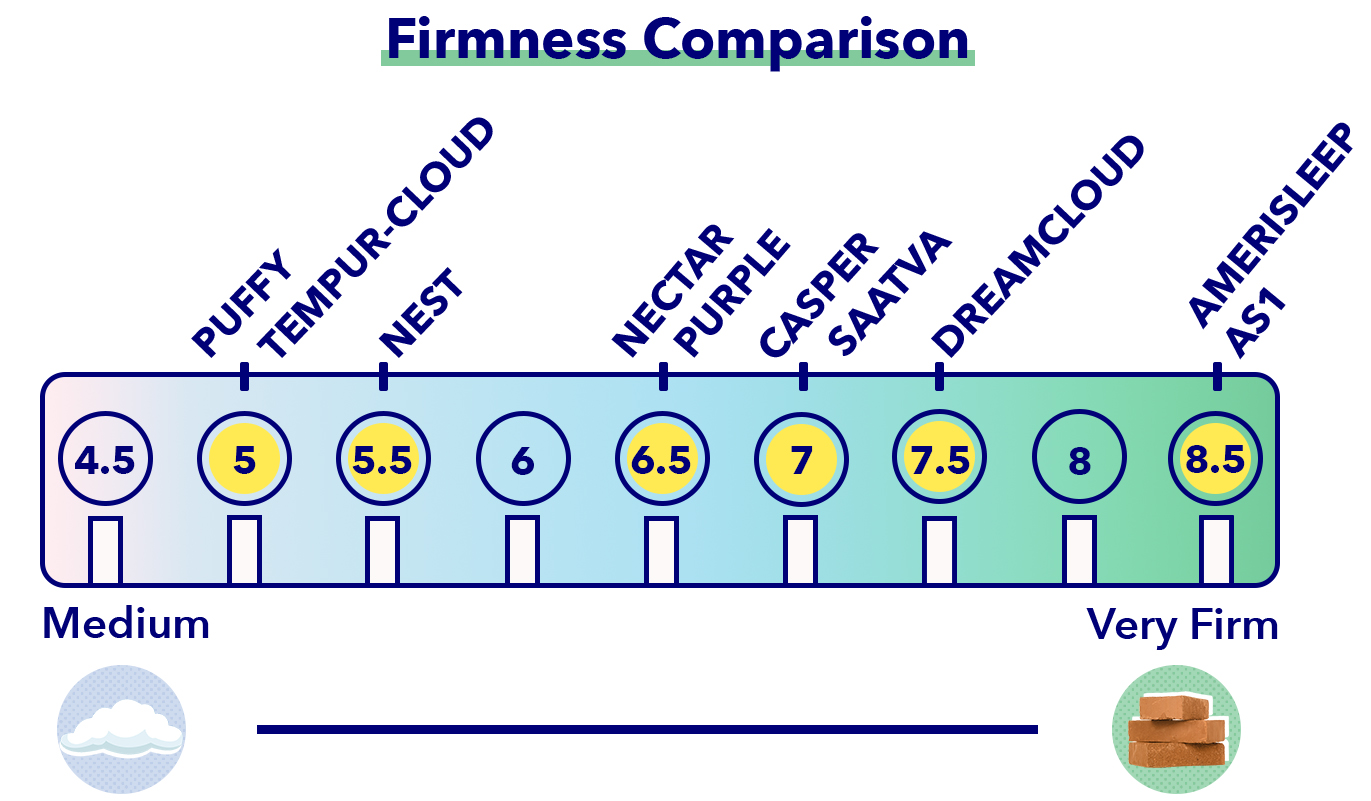
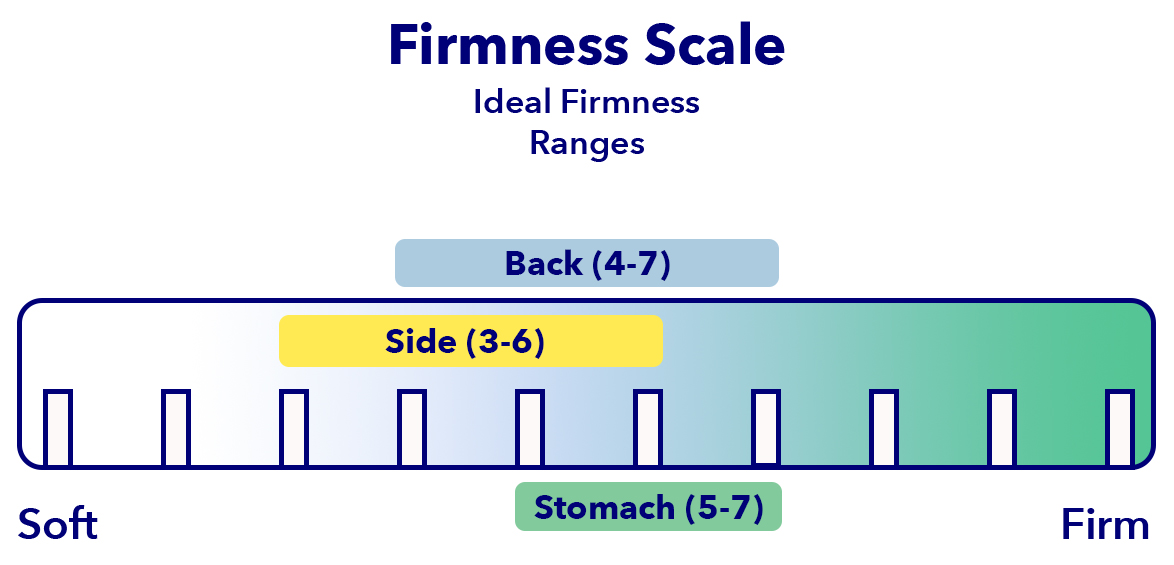




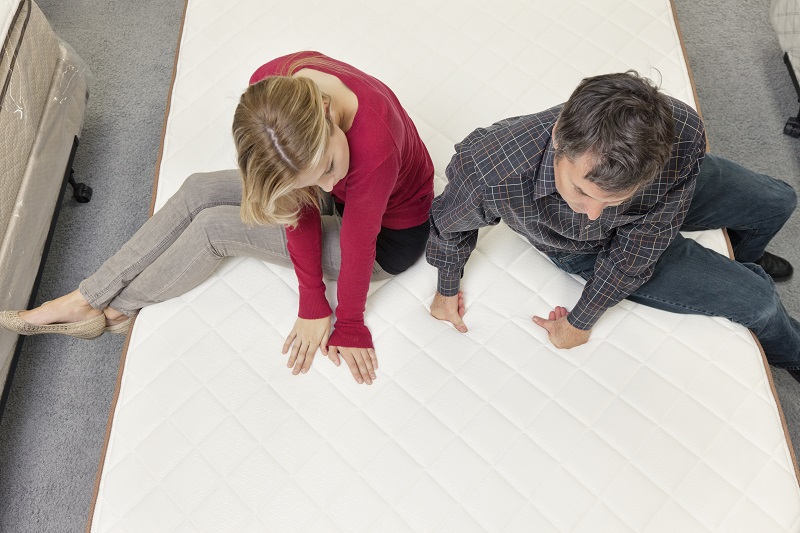












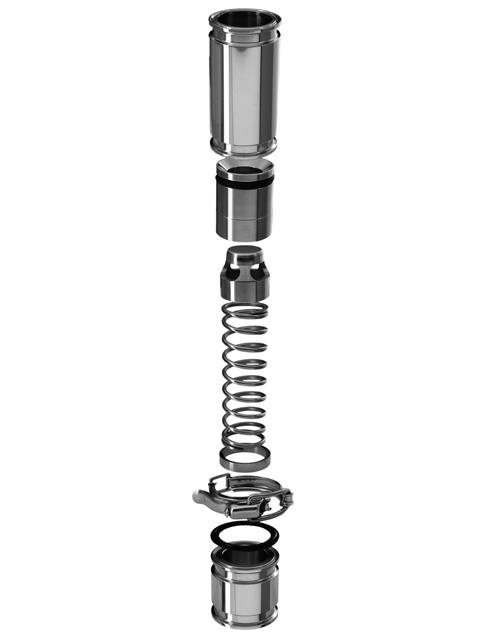
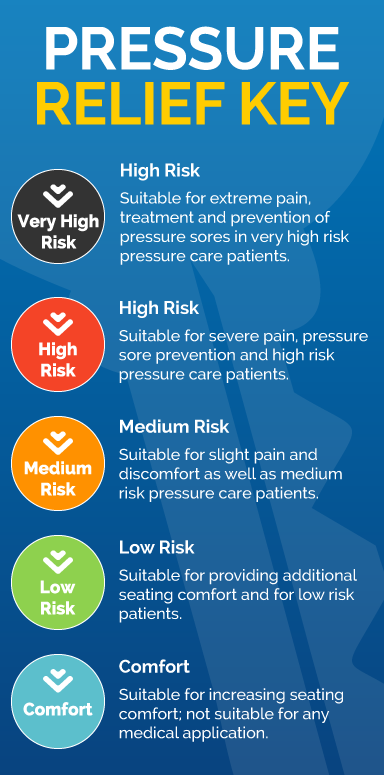
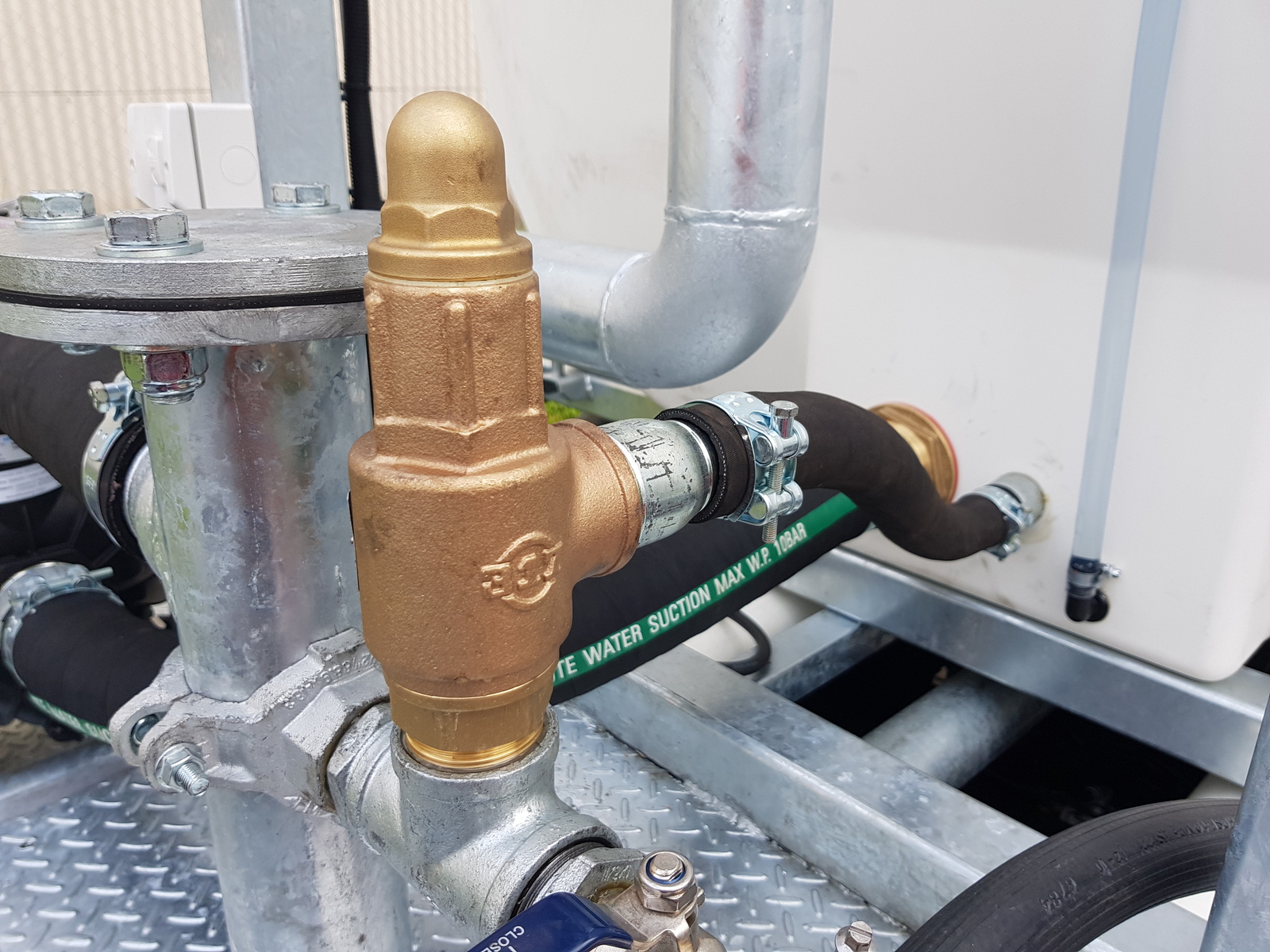
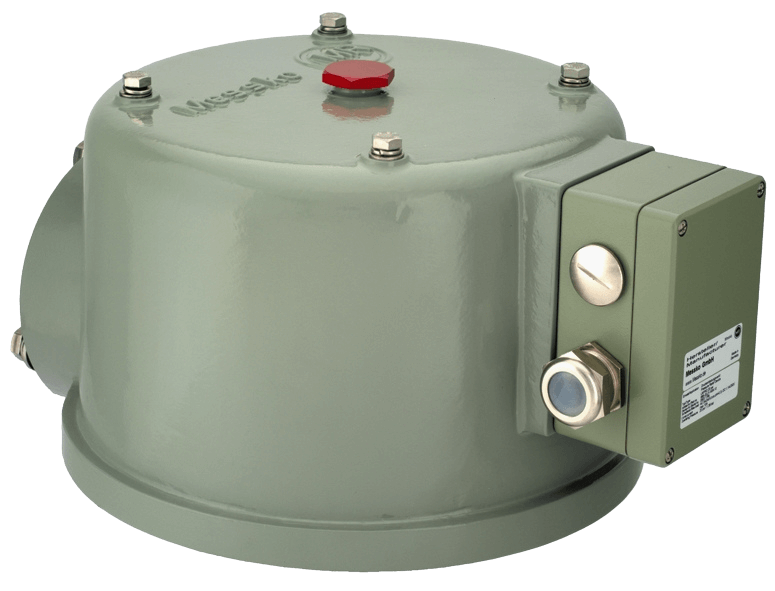

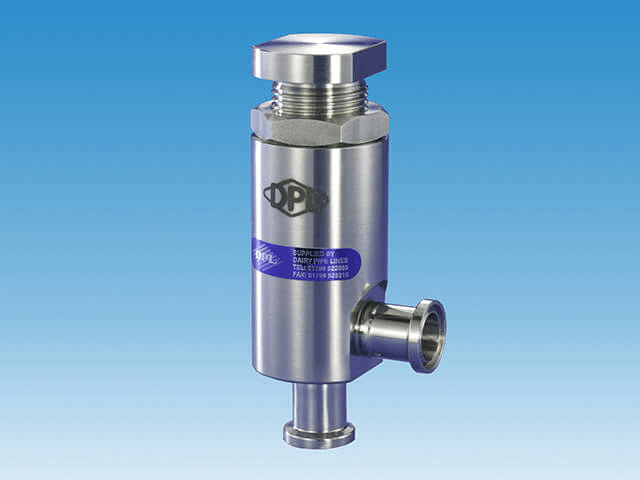
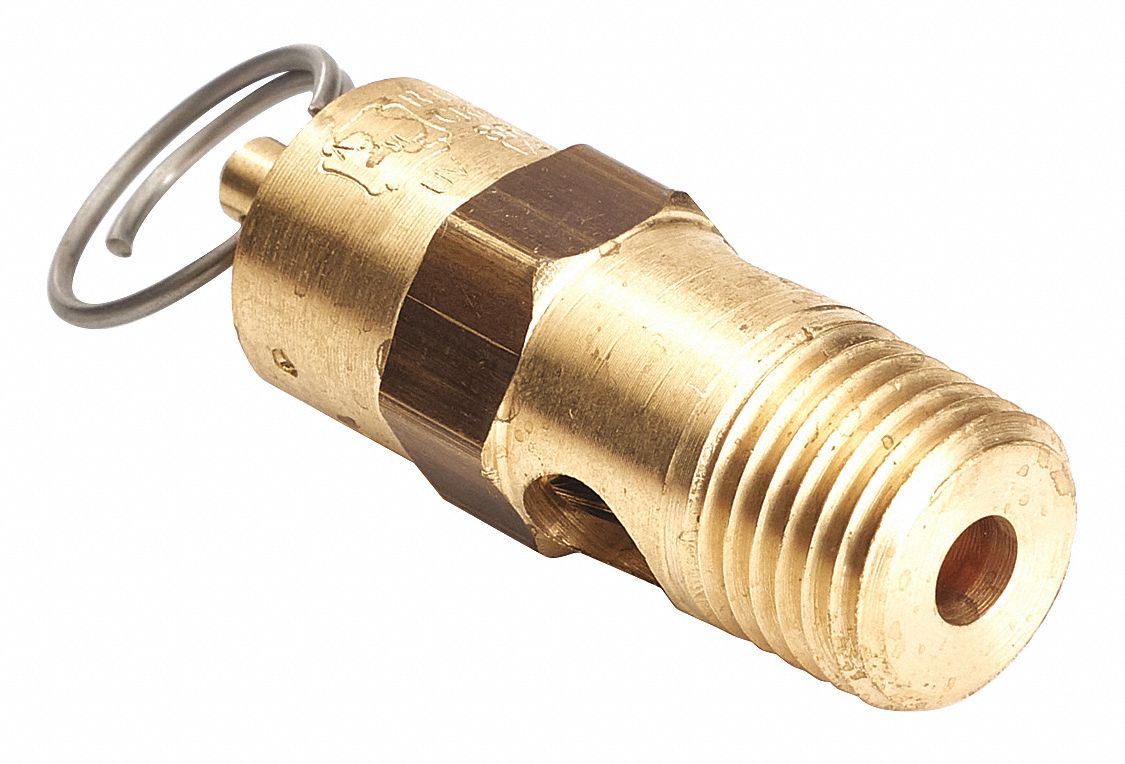


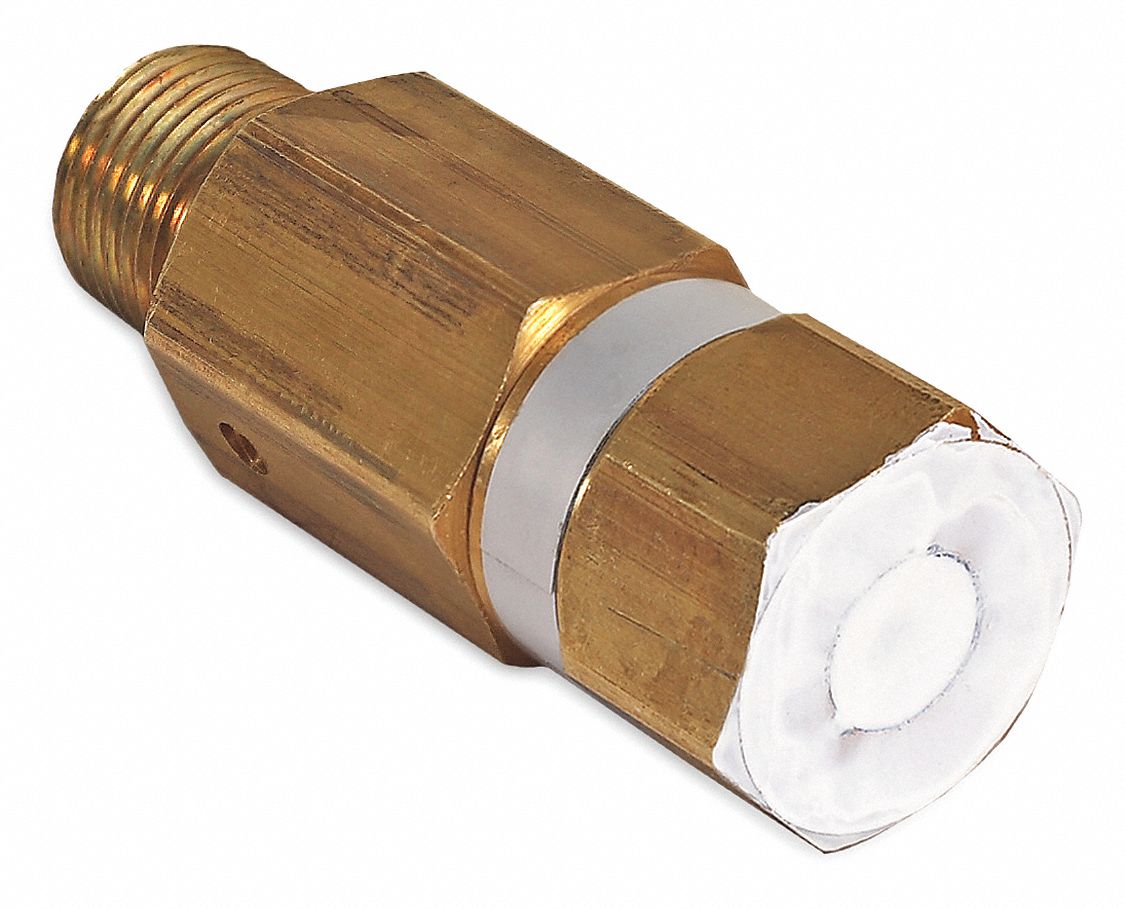





















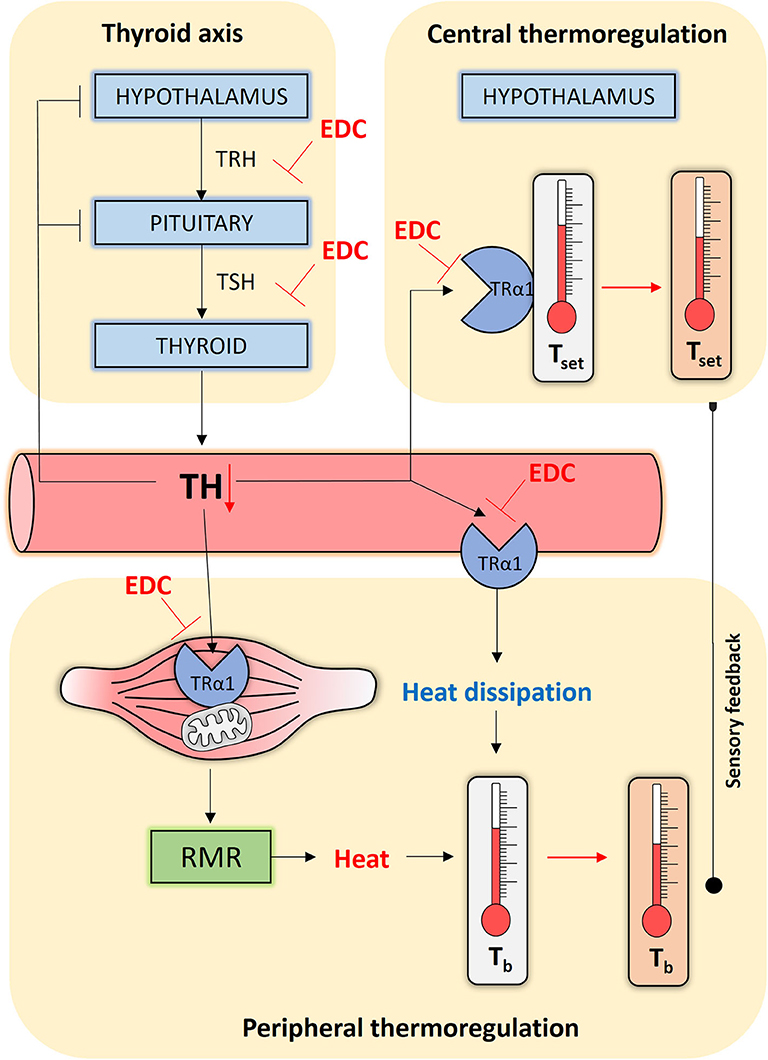

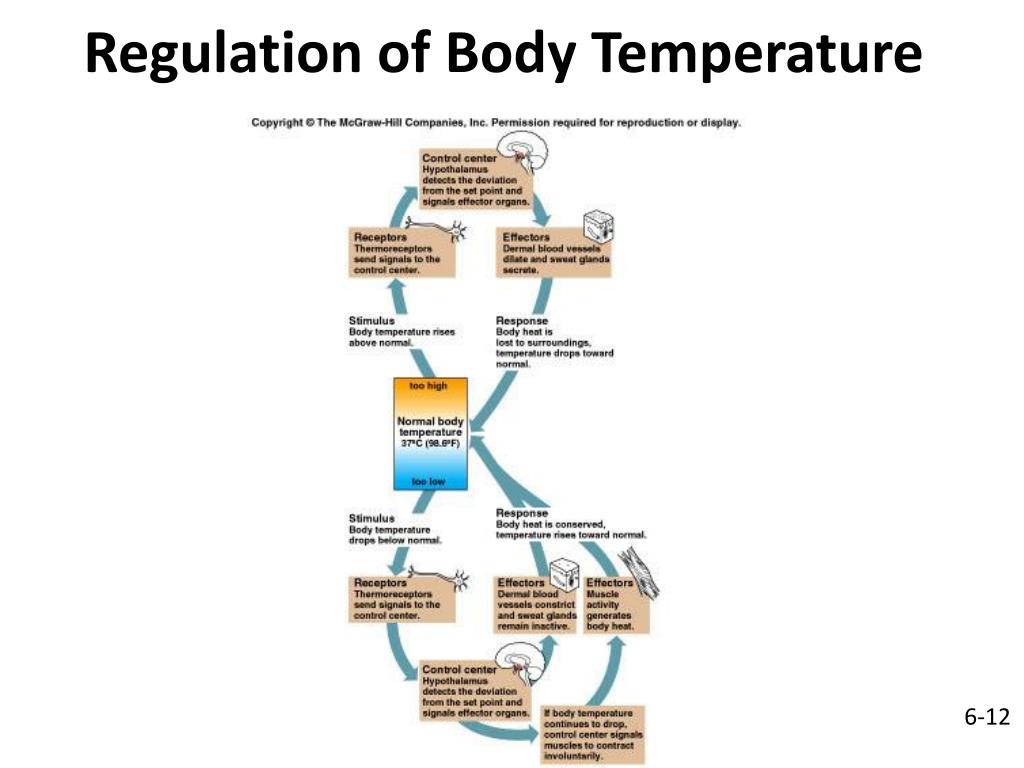
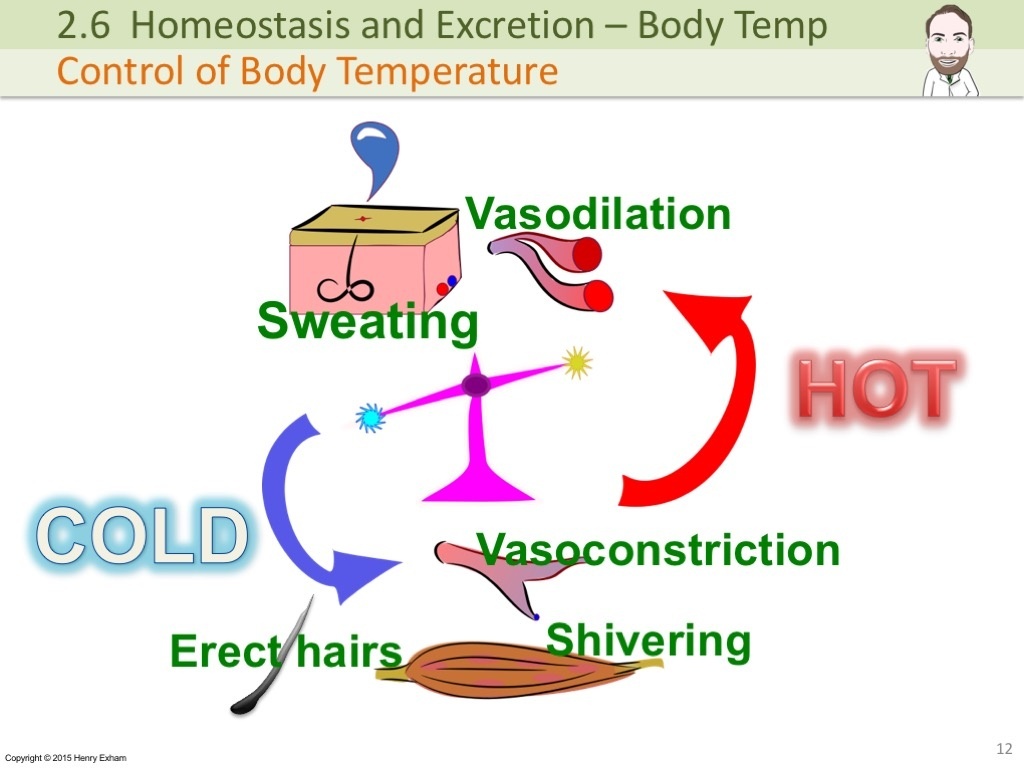
.PNG)
(117).jpg)


